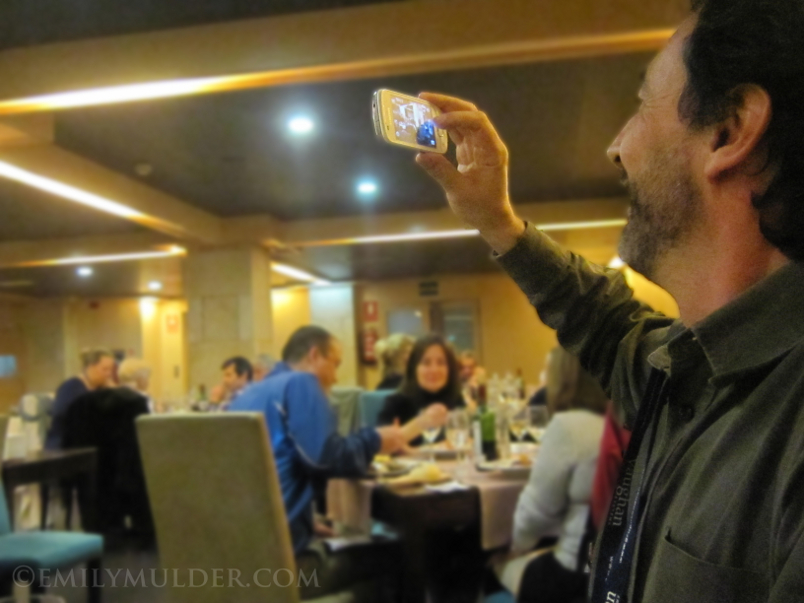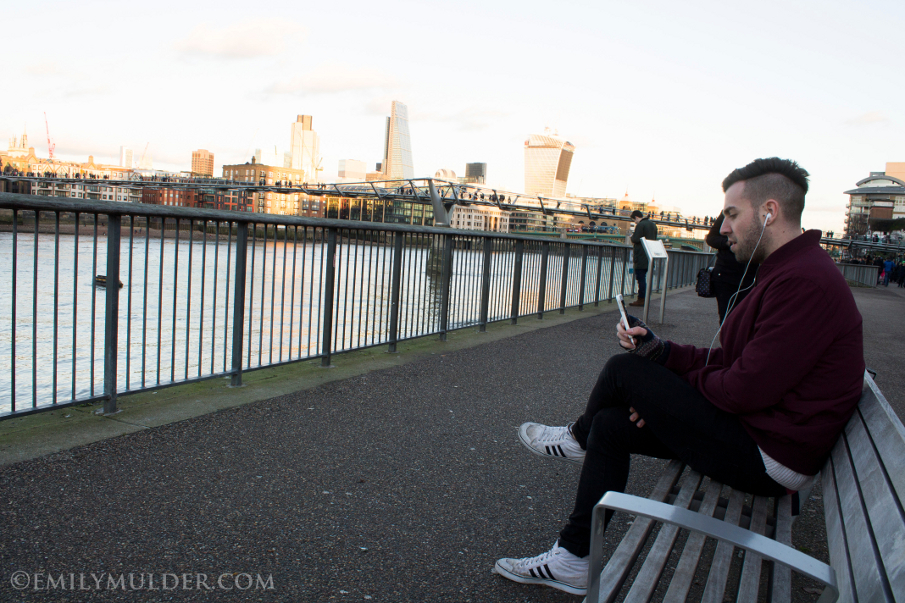Three Great Things About Studying Abroad (And One Downside)
Study abroad: Affordable degrees, cultural immersion & global networks. Embrace growth while navigating distance challenges. Transform your future.


As someone who chose it, I’m a big advocate of studying abroad. Whether for the duration of a degree or just a semester exchange program, it’s an opportunity with a wealth of payoffs. If I sound biased, it’s because I am!
1. The cost
If you are, or know, an American student, you won’t really need an explanation about the cost of higher education. But for everyone else, here is the bottom line: university tuition abroad is a steal compared to the prices at home. This is true even when the paying the higher international fees required of those who are not EU nationals. If you speak a foreign language – or even if you don’t, as many are now offered in English – schools in Germany, the Netherlands, Scandinavia and elsewhere in mainland Europe are an even better deal. Also, it’s just three years to complete a Bachelor’s degree, and one year for (most) Master’s.
Depending on the line of work you’re interested in, having international experience, and references, on a resume can also be worth their weight in gold. In times when employability is tough, living and working overseas is one of the best things you can do to distinguish yourself.

2. The culture
If nothing else, just think of it as an opportunity to avail yourself of all the glorious accents the world has to offer. It never stops being great. Who knew the word ‘tomato’ could have so many difference pronunciations, inflections or syllables, depending on whom you’re talking to?
Because travel is an education unto itself, you’re always learning outside the classroom, but it automatically enriches the academic experience as well. It’s fascinating to deepen your knowledge on a subject by having it presented in an entirely different cultural and historical context than you’re used to.
Don’t be afraid of making cultural snafus – they just become material for inside jokes. Besides, there are plenty of people who have gone abroad before you, and they’ve left you tons of sets of guidelines. The most helpful to me was this one.
3. The network
The simple act of pursuing your interests while overseas will begin to create a network before you know it. Those who are fellow expats and travellers are typically eager to trade knowledge and tips because you’re all in the same boat, and locals have an obvious advantage that they’re typically happy to share. It works a lot like the basic principles of karma: putting in the effort to be friendly and helpful in an international environment will almost undoubtedly bring exponential rewards back to you.
People are not so different, we always have much more in common than we expect. I’ve had connections leading everywhere from work consultancies to language lessons to places I can stay in nearly every region, as the simple result of getting involved. I wouldn’t even be writing this article without a connection forged in the travel world! And all these benefits don’t even count all the laughs and good memories along the way.

Now for the reality check…
The distance.
It’s true. You’re going to be far away. This inevitably means missing certain occasions and feeling bad about it…and then feeling bad all over again when people’s pictures and updates from those events start to take over your social media feeds.
You will feel physically far away from people you love, and culturally far away from things you are simply used to. I have had days when the fact that I cannot find a decent jar of peanut butter, the lowered value of the dollar, and the spelling of the word “centre” have nearly reduced me to rubble.
When conferring with other expats, you quickly find out that these types of temporary nervous breakdown are not uncommon, and that in those moments it helps to try to remember that you might feel the same in certain circumstances even at home. Frustration and bad days do not happen because of where you are, they are simply part of life.
Missing friends and family specifically is a more difficult problem to solve as no one has yet mastered the science of teleportation, but it shouldn’t be enough to change anyone’s mind about going abroad. Luckily, we live in a digital age where being disconnected is impossible for very long, and those lonely or downtrodden moments can typically be remedied by an impromptu Skype call. (Just mind the time difference)

For more information on studying abroad take a look at “Study Abroad 101” and “Study Abroad: How to Get the Most Out of Your Experience“.




